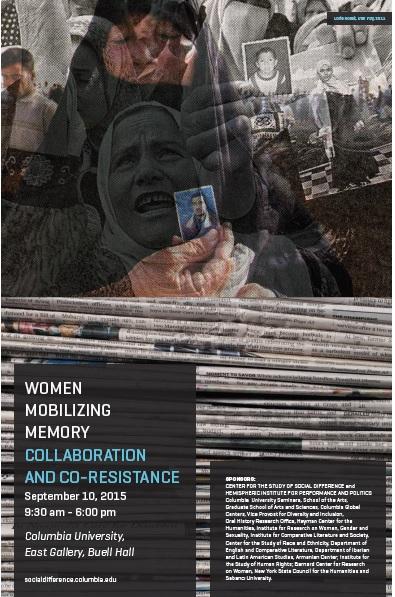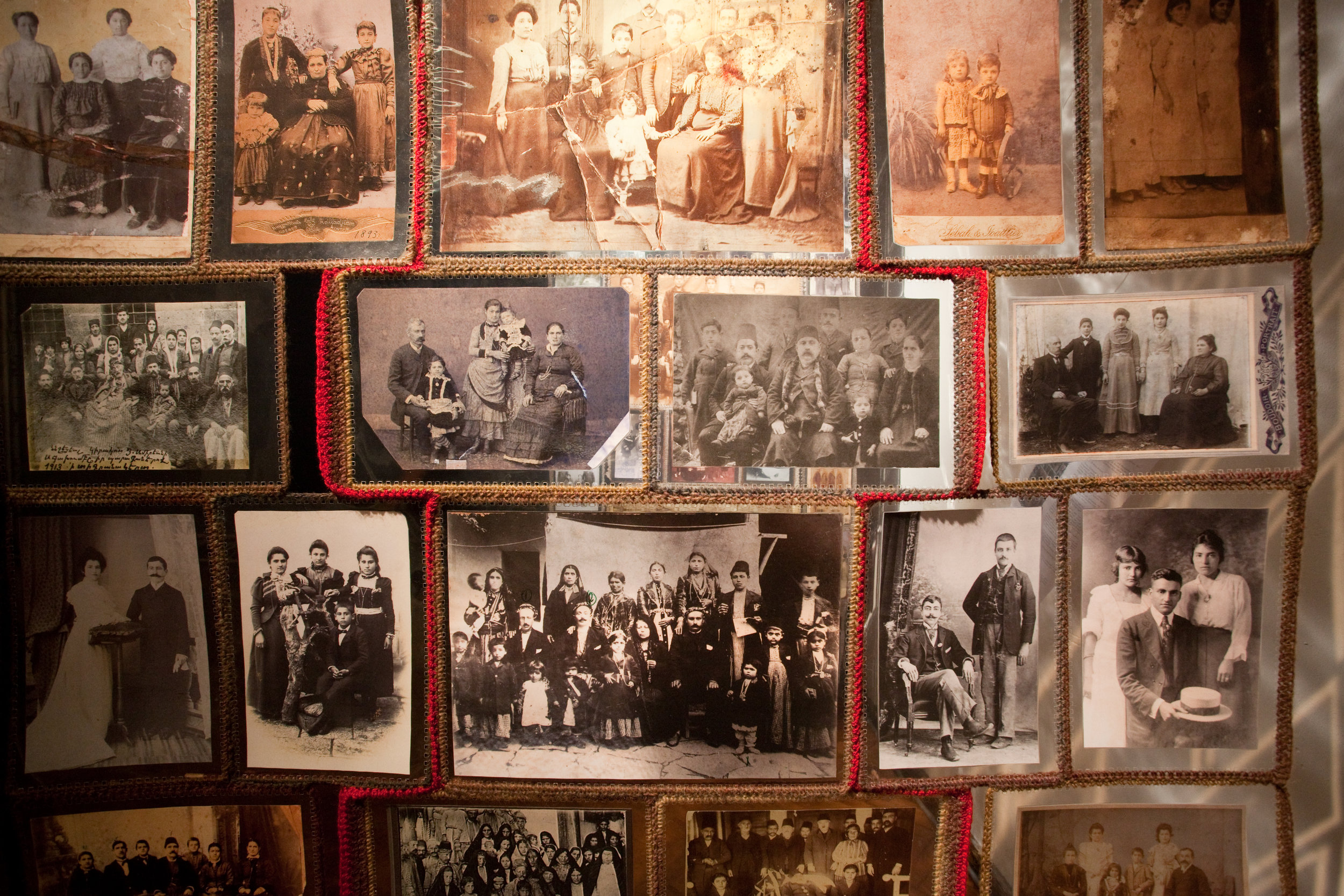“Women Mobilizing Memory,” is a working group that emerged from Columbia’s Center for the Study of Social Difference, which for three years explored memory policies following the atrocities of the 20th and 21st centuries with a comparative global perspective and an emphasis on the effects of social difference. Focusing on the role of gender in the structures of political violence, the working group analyzed strategies through which women artists, students and activists have succeeded in mobilizing the memory of gender violence to promote reparation, social justice, and a democratic future.
When observing the politics of memory based on gender in several territories of the world, the group analyzed them in a wider connective context. Since the fortieth anniversary of the coup d’état in Chile, the centenary of the Armenian genocide and the cycles of violence against indigenous and minority peoples in Chile, Turkey and the United States, activist and future-oriented modes of commemoration have been presented. At the same time, it investigates the limits of the comparative and connective approaches of the politics of memory.
Based on humanities and arts, the group closely analyzes the political efficacy of various memory media, ranging from visual art, literature, journalism and performance, to museums, monuments and street actions. What role do these various media play in the struggle to avoid the elimination of past violence from current memory and the creation of new visions and new stories for future generations? The collaborations between the participants of the working group, their face-to-face and virtual meetings and their constructive conversations and disagreements aim to create a space of solidarity and joint resistance that can lay the foundations for a more hopeful future.
The “Women Mobilizing Memory” working group is composed of academics and graduate students who represent fields ranging from history, anthropology and sociology to literature, performance and visual arts, as well as artists, writers, curators and journalists from the United States, Chile and Turkey. The group met in Santiago de Chile in 2013, in Istanbul, Turkey in 2014 and will meet in New York in September 2015, and their questions will refer to the politics of memory, gender and contemporary social differences in the United States.
Professor Soledad Falabella, PhD, and as to commemorate the 70th anniversary of Gabriela Mistral’s Nobel Prize for Literature, gave a lecture where she spoke about Mistral’s intellectual contributions to conversations about gender, sexuality, human rights, education, agrarian reform and indigenous communities. The lecture included readings of Mistral’s poems in Mapudungun and in Spanish by Mapuche poet Maria Hueñuñir and Chilean actress Mabel Farías, accompanied by the visual art of Francisco Huichaqueo.


